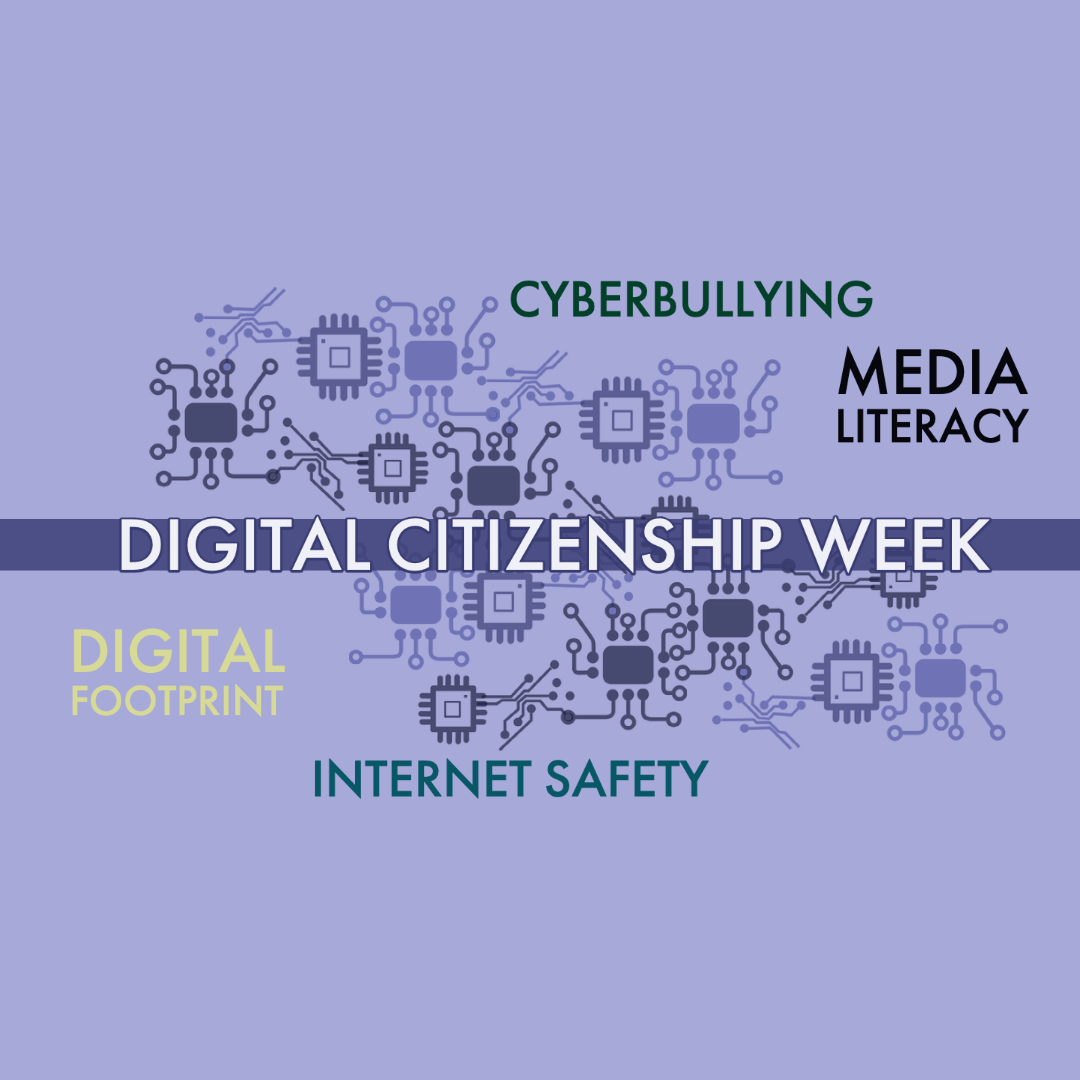Happy Digital Citizenship Week! This week is an opportunity for Teachers and Parents/Guardians to help students learn how to use technology safely and responsibly. Over the past few months many schools and families have transitioned to online learning, and this has created more opportunities for conversations centered around digital citizenship in the classroom communities that have been created. With this in mind we will highlight topics such as cyberbullying, and media literacy each day this week, and provide classroom resources that can be used to empower students to be safe and smart digital citizens!
To kick off Digital Citizenship Week, let’s start with teaching our students about Media Balance!
As educators we have a responsibility to teach and model for our students how to find a happy balance between our online and offline activities. Take a look at these classroom resources from @CommonSenseEd that give students the space to reflect on their own media use. #DigitalCitizenshipWeek #DeviceFreeMoments
https://www.commonsense.org/education/digital-citizenship/curriculum?topic=media-balance–well-being
Tuesday Post
Our students are using the internet and participating in digital communities on a daily basis. Equipping them with basic guidelines to maintain security and privacy are crucial. Take a look at this lesson plan from @CommonSenseEd which teaches students how to be safe when visiting a website or app commonsense.org/education/digital-citizenship/lesson/internet-traffic-light
#DigitalCitizenshipWeek #InternetTrafficLight
Wednesday Post
Everyday your students are developing their Digital Footprint by actively and passively sharing information about themselves online. Things such as browsing history, social media updates, and posted photos, can determine if they have a positive or negative digital footprint in the future. Share this activity from @codeorg with your students to help them reflect on what their digital footprint might look like. https://code.org/curriculum/course2/18/Teacher #DigitalCitizenshipWeek #digitalfootprint
Thursday Post
While it can be an emotionally difficult topic, teaching your students how to identify, stand up against, and report cyberbullying is crucial. Take a look at the following cyberbullying resources from @MediaSmarts which includes curriculum and posters you can use in your classrooms, schools, and libraries. https://mediasmarts.ca/digital-media-literacy/digital-issues/cyberbulling/cyberbullying-posters
Friday Post
Is Seeing Believing? What’s fake news? Is it Fair to Use someone’s work? As we wrap up Digital Citizenship Week, we will conclude with the topic of News and Media Literacy. Our students are faced with the constant challenge of identifying credible and trustworthy information they find on the internet. So how do we help students weed out the bad from the good? Take a look at these 5 Tips from @Edmentum Blog for Helping Students of All Ages Find Credible Online Sources https://blog.edmentum.com/5-tips-helping-students-all-ages-find-credible-online-sources

